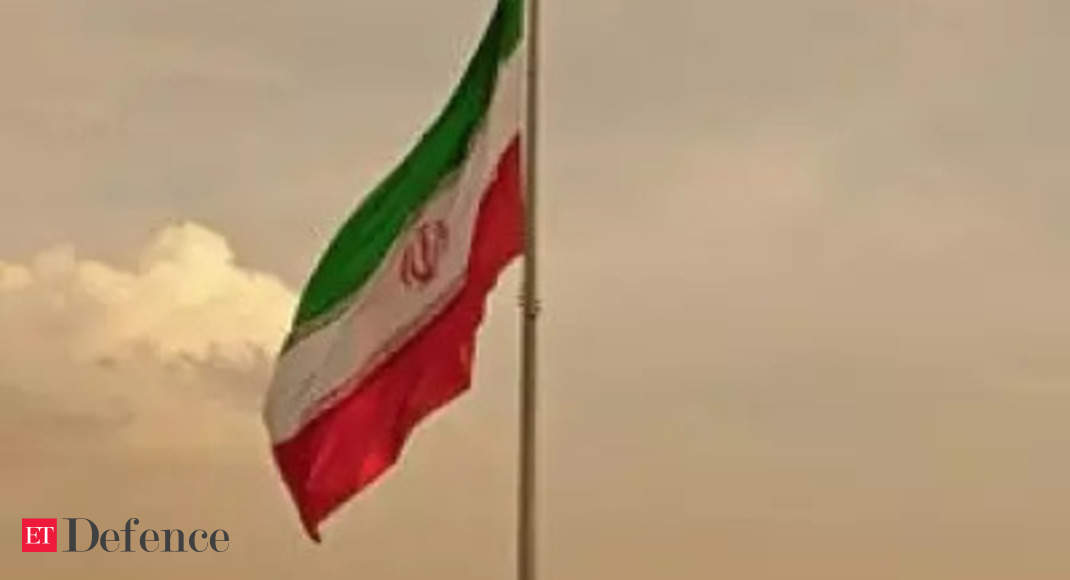The United States and its Western allies clashed with Russia and Iran at the UN Security Council on Thursday over Tehran’s advancing uranium enrichment and its reported supply of combat drones to Moscow being used to attack Ukraine. The sharp exchanges came at the council’s semi-annual meeting on implementation of its resolution endorsing the 2015 nuclear deal between Iran and six major countries known as the Joint Comprehensive Plan of Action, which the US under then-President Donald Trump left in 2018. Russia’s UN Ambassador Vassily Nebenzia accused Britain, which holds the council presidency, of seeking to hold an openly politicized show by inviting Ukraine to take part in the meeting, when it is not part of the JCPOA. US deputy ambassador Robert Wood countered, accusing both Iran and Russia of participating in the transfer of drones used in Ukraine without prior Security Council approval, in violation of the 2015 resolution. Britain’s UN Ambassador Barbara Woodward called for a vote on whether Ukraine could participate, which resulted in twelve members voting in favor, China and Russia voting against, and Mozambique abstaining. The United States, Britain, France, and Ukraine have urged UN Secretary-General Antonio Guterres to send investigators to Ukraine to examine debris from drones used in Russia’s attacks, insisting that resolution 2231 gives him a mandate to open an investigation. Russia insists he has no such authority and warned the UN Secretariat against taking any such action. Iran’s UN Ambassador Amir Saeid Iravani added that any UN findings based on such illegal activities are null and void. UN political chief Rosemary DiCarlo said in her briefing to the council that France, Germany, Ukraine, the UK, and the US had provided letters and analyses concerning alleged transfers of drones from Iran to Russia, and the Secretariat continues to examine the available information. Ukraine’s UN Ambassador Sergiy Kyslytsya told the council that more than 1,000 drone launches over Ukraine had been recorded, and analysis confirmed their Iranian origin. Russia’s Nebenzia accused Ukraine and the West of fomenting misinformation and dismissed the evidence as comical. France, Germany, and the UK, parties to the JCPOA, said Iran has been in violation of its nuclear commitments for four years. They pointed to the International Atomic Energy Agency’s reports that Iran’s total stockpiles of enriched uranium are now 21 times the amount permitted under the 2015 nuclear deal, and the detection of uranium particles enriched to 83.7%, which is almost at weapons-grade levels. The 2015 nuclear deal limited Tehran’s uranium stockpile to 300 kilograms and enrichment to 3.67%, but following the US withdrawal, Tehran escalated its nuclear program and has been producing uranium enriched to 60% purity. Iran informed the IAEA that unintended fluctuations in enrichment levels may have occurred accounting for the particles enriched to 83.7%, and Iravani and Nebenzia both stated that the issue has been resolved. France, Germany, and the UK also said Iran continues to develop and improve ballistic missiles capable of delivering nuclear weapons. US ambassador Wood highlighted that Iran’s ballistic missile activity is an enduring threat to regional and international peace and security. Negotiations on the US rejoining the deal and Iran returning to its commitments broke down last August. European Union Ambassador Olof Skoog stated that the EU compromise text is still on the table as a potential point of departure for any renewed effort to bring the JCPOA back on track. Iravani concluded by stating that Iran is still prepared for the resumption of negotiations should the other side be ready to do the same.
US and Western Allies Clash with Russia and Iran at UN Over Uranium Enrichment and Drones











